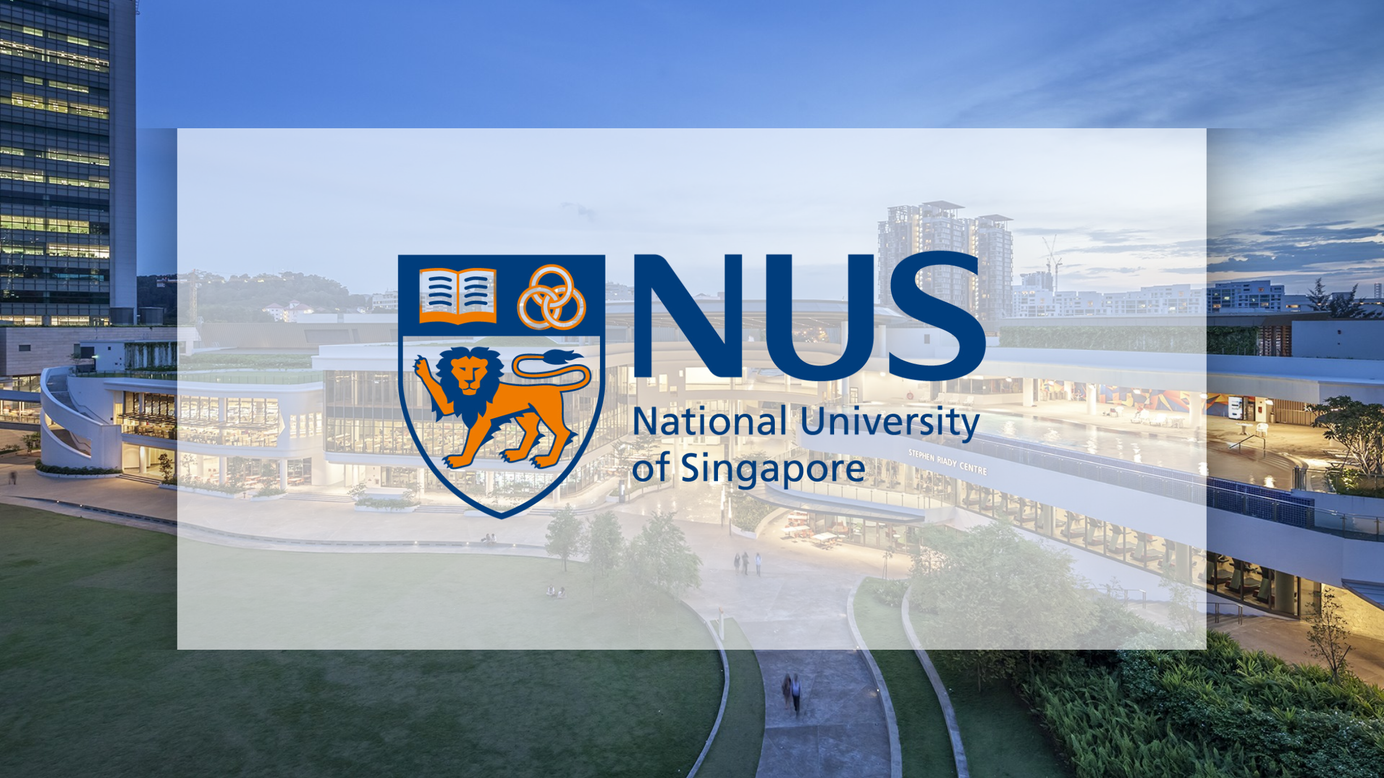
Undoing the Ivy League Obsession
Is an Ivy League degree the golden ticket—or just a relic of old thinking?
“It’s this huge idea that you have to be better and stronger and cure cancer to get into an Ivy League …”
—Emmy McGill, 17, a student experiencing the pressure firsthand.
The Golden Ticket Myth
For generations, parents equated Harvard, Yale, or Princeton with guaranteed success. Today, that assumption is not only outdated—it can actually be harmful.
Research shows that for most students, long-term career outcomes depend less on prestige and more on skills, adaptability, and initiative. Employers now prize real-world experience and cultural fit over brand-name diplomas.
Long-term career studies show that for most students, attending an Ivy League college has little to no impact on lifetime earnings compared to graduates of other strong institutions. The main exception is first-generation and low-income students, who often benefit more from the networks and resources elite schools provide. But across entire careers, the gap tends to narrow. Initiative, experience, and relationships matter far more than the name on the diploma.
The Race Starts Shockingly Young
What’s alarming isn’t just the competition — it’s how early it begins.
Some parents admit they felt pressure to start planning as soon as their children entered middle school. Others describe elementary-aged kids obsessing over résumés before they even understood what the word meant.
Students like Emmy explain that nothing ever feels like enough: each award or activity only raises the bar for what comes next.
The Odds Are Brutal
Even after years of preparation, acceptance rates at Ivies hover around 3–5%. As one admissions expert noted: “You can do everything right and still not get in.”
For students whose self-worth is tied to that single yes, rejection lands like a crash. Families often find themselves wondering why so much energy was funneled into what is, in effect, a lottery.
The Hidden Costs
The prestige chase isn’t just stressful — it’s harmful.
Teens describe panic attacks, sleepless nights, and the sense that their parents’ pride depends on test scores. National studies echo this: students at elite colleges are six to seven times more likely to struggle with anxiety or depression compared to peers elsewhere.
One student confessed: “I don’t even know who I am outside of trying to be perfect.”
Reframing Success for Parents
Intentional parenting means stepping off the treadmill and asking: what’s the real goal here?
- Praise growth, not just results. Celebrate resilience, curiosity, and effort.
- Normalize rejection. A college “no” is not a verdict on your child’s worth.
- Broaden the lens. Many institutions — public and private, large and small — can lead to fulfilling careers and lives.
- Protect well-being. Stay alert for burnout and make room for joy and balance.
As one parent reflected: “I realized my child’s happiness matters more than a bumper sticker on my car.”
The Bigger Picture
Ivy League admission may open doors, but it’s no longer the only key.
The real measure of success? Raising kids who grow up with confidence, curiosity, and purpose. Because in the long run, those qualities last far longer than any acceptance letter.
GiftedTalented.com
The world's fastest growing gifted & talented community








